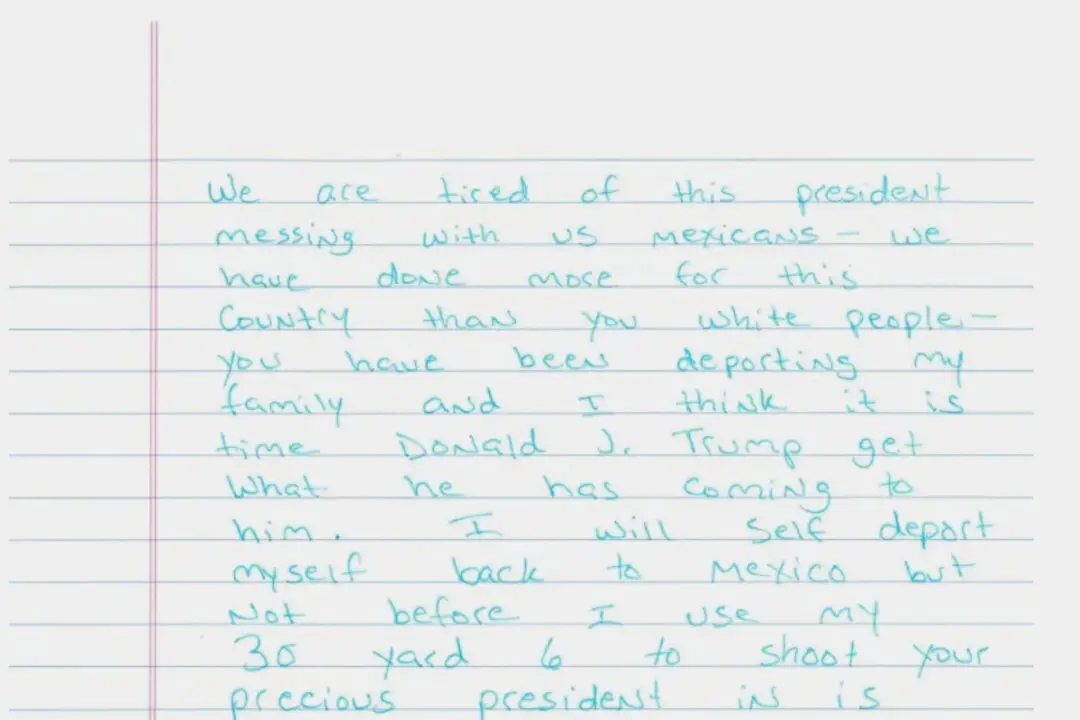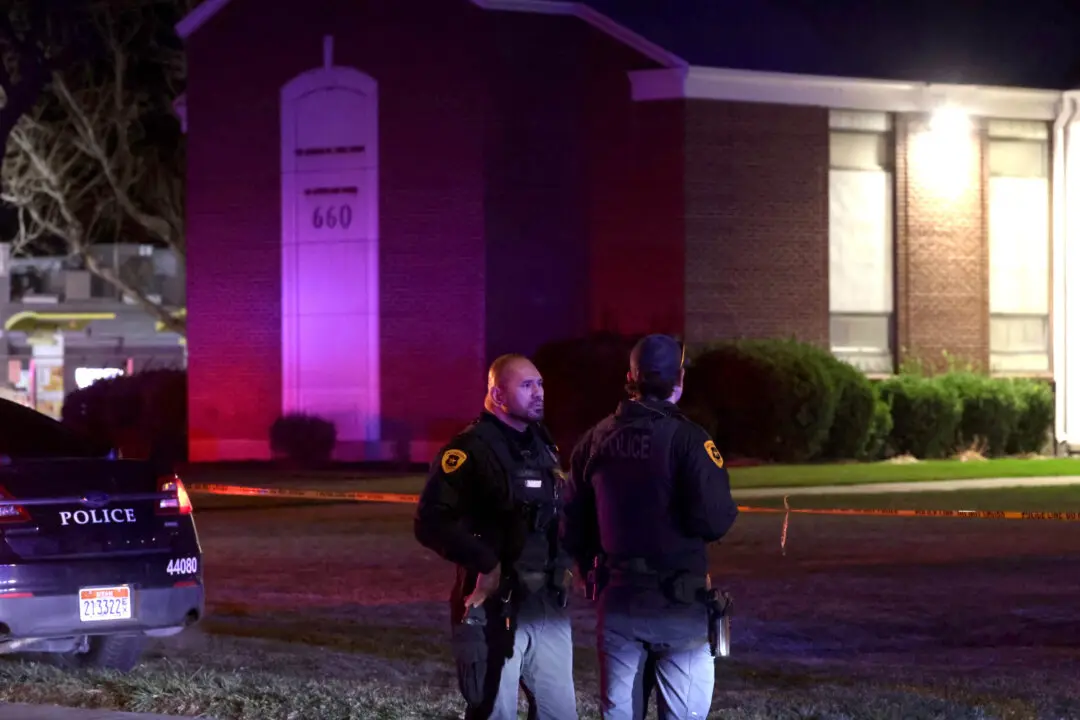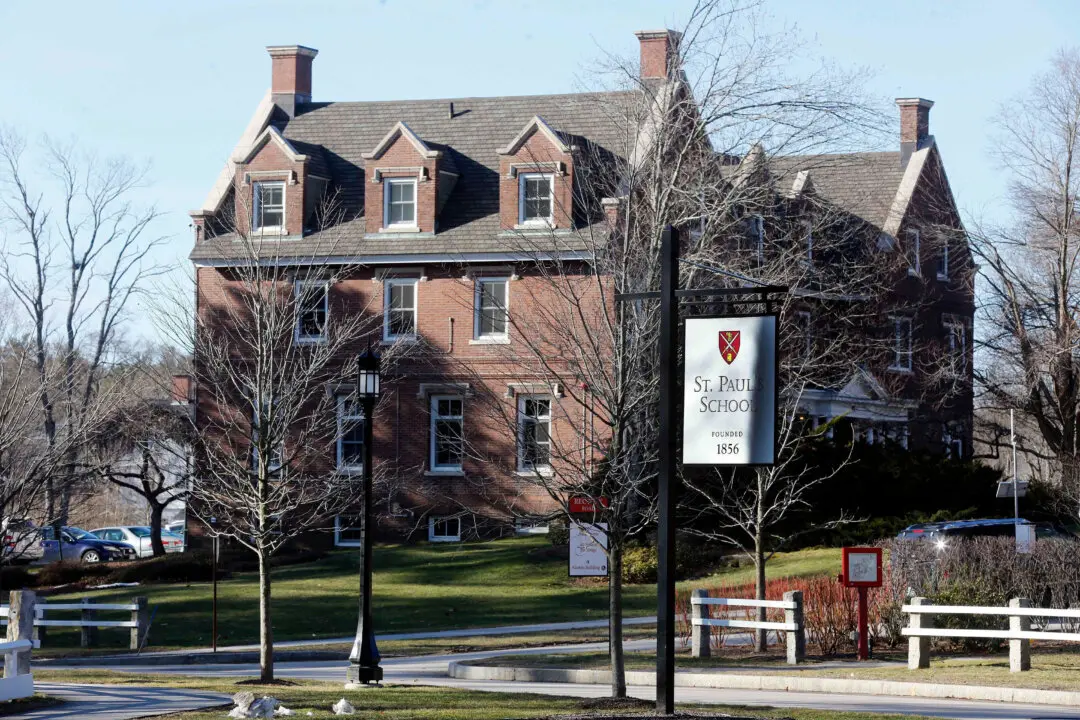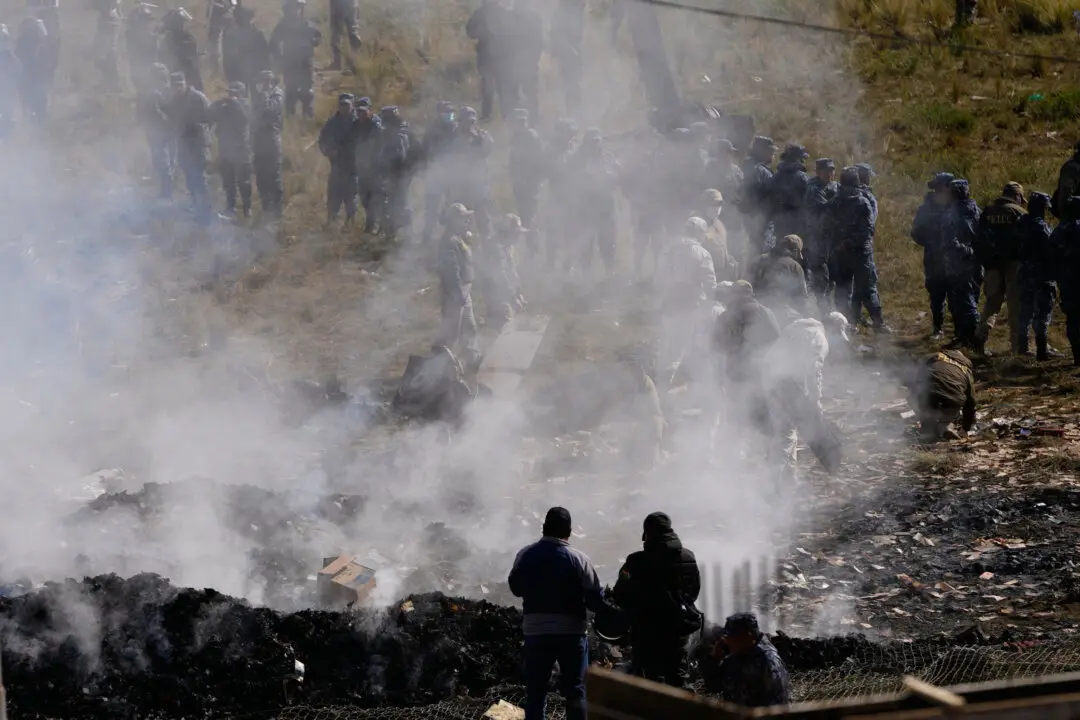SAN FRANCISCO—Federal officials don’t know how many migrant children they’ve sent to live with convicted criminals across the U.S. over the last three years, at a time the government sought to speed young Central American migrants out of shelters and into private homes, the chair of a bipartisan congressional subcommittee said Wednesday.
Overwhelmed by the numbers of children crossing the border, the U.S. Department of Health and Human Services weakened its child protection policies, leaving children vulnerable to human trafficking, Sen. Rob Portman, R-Ohio, said in an opening statement to the Senate Permanent Subcommittee on Investigations.
The subcommittee is holding a hearing Thursday to examine weaknesses in the agency’s placement program for migrant children, which Portman says suffers from “serious, systemic defects.”
The senator’s statement echoes the findings of an Associated Press investigation released Monday, which found that more than two dozen unaccompanied children were sent to homes across the country where they were sexually assaulted, starved or forced to work for little or no pay. In his statement, Portman said that as part of its six-month investigation, the subcommittee reviewed “more than 30 cases involving serious indications of trafficking and abuse.” Since almost all of the children have not been publicly identified, it could not immediately be determined if the children studied by the AP were among those cited by Portman.
“The program does an amazing job overall,” HHS spokesman Mark Weber said in a recent AP interview. “We are not taking shortcuts.”
Top HHS officials are scheduled to testify at the hearing, which will reveal new details in a case in Portman’s home state of Ohio, where six Guatemalan unaccompanied minors were placed with human traffickers including sponsors and their associates. Lured north with the promise of an education, the teens instead were forced to work up to 12 hours a day on egg farms in Marion, Ohio, under threats of death.
“HHS told us that it is literally unable to figure out how many children it has placed with convicted felons, what crimes those individuals committed, or how that class of children are doing today,” Portman said in a statement, noting that the agency changed its criminal background check policy only Monday. “How many other cases are there like the Marion trafficking case? The answer is HHS doesn’t know.”





